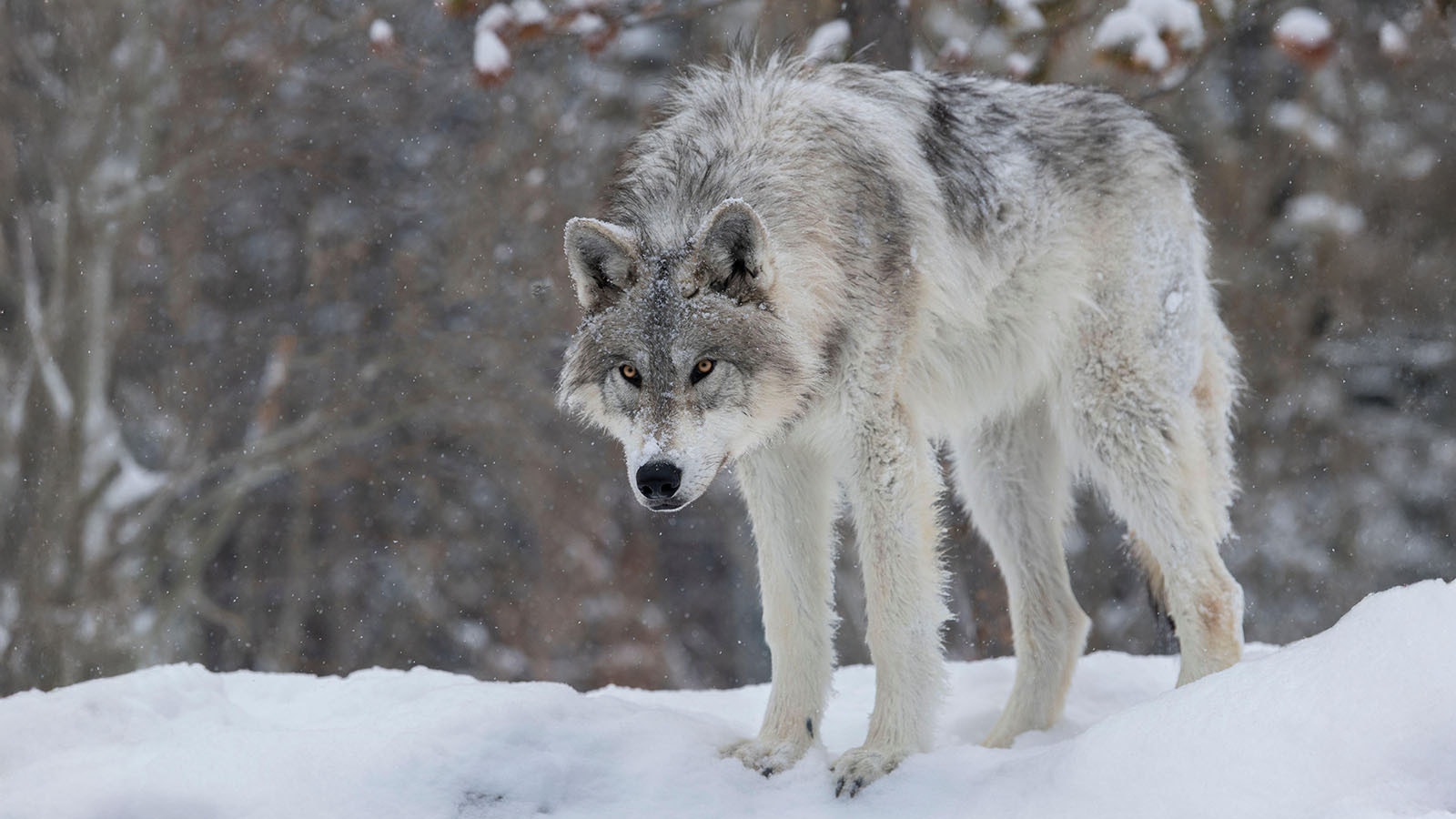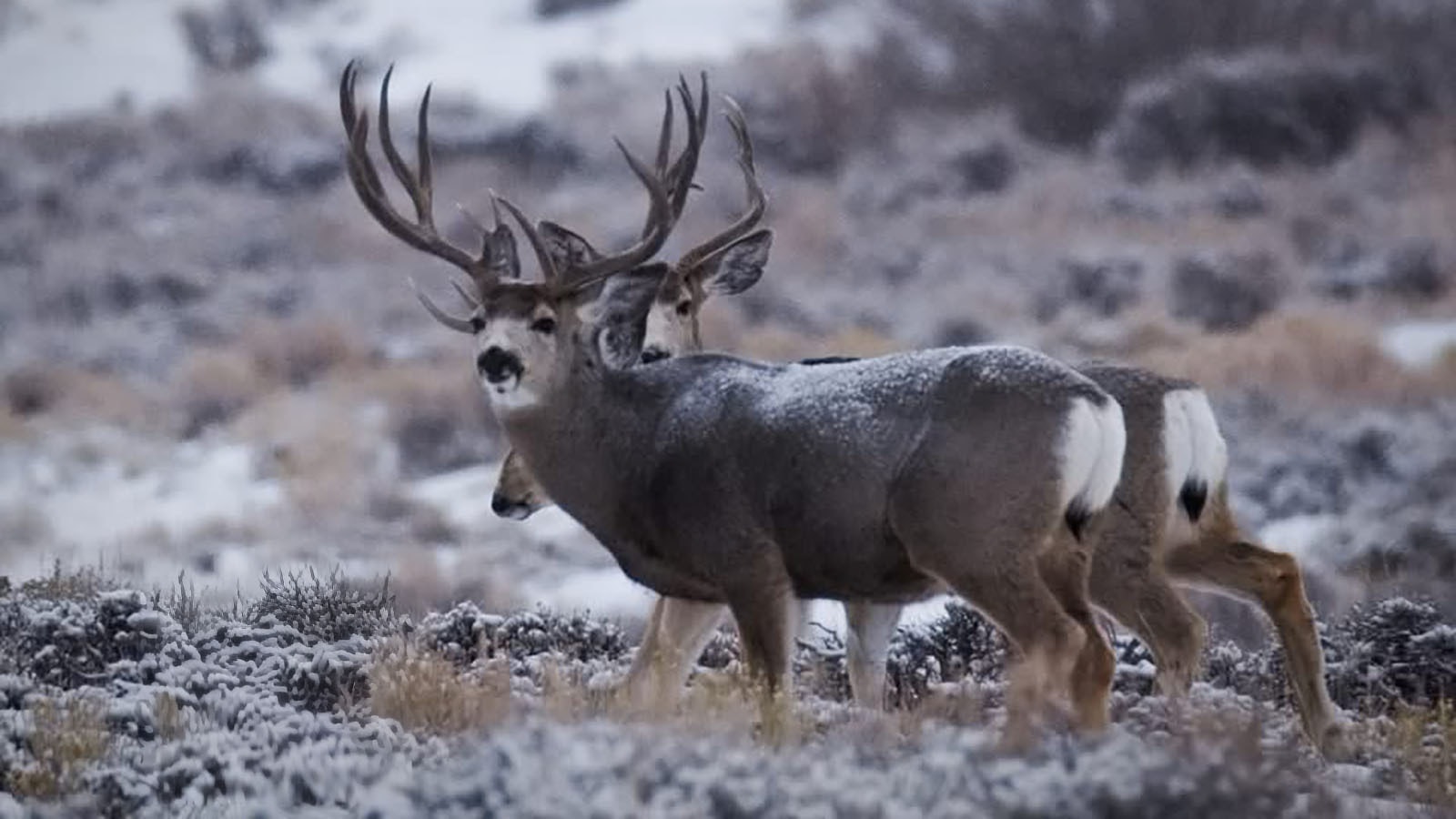Under a proposed change in Wyoming Game and Fish regulations, trappers wouldn’t be penalized for unintentionally killing otters, but they’d have to hand the otters’ carcasses over to Game and Fish.
A recent change in Wyoming statute put the agency in charge of managing otters, Game and Fish spokeswoman Amanda Fry told Cowboy State Daily.
“It is similar to other species where carcass turn-in helps us better monitor and manage wildlife,” Fry told Cowboy State Daily in an email.
Trappers are also required to turn in the carcasses of swift foxes and gray foxes they unintentionally kill.
However, once Game and Fish documents those fox kills, trappers may reclaim and sell the fox pelts.
With otters, the proposed change would not allow trappers to reclaim the animals’ pelts.
Otters occasionally get caught in traps set for other species, John Eckman vice president of the Wyoming Trapper’s Association, told Cowboy State Daily.
“It’s happening, I wouldn’t say all the time, but there’s getting to be such a healthy population of them that they’re getting caught in beaver traps,” he said.
Game and Fish plans to host a public meeting on Wednesday, to discuss the otter policy and other proposed changes to the agency’s nongame animal regulations. It’s set for 5 p.m. to 6 p.m. at the Casper Game and Fish regional office, 3030 Energy Lane.
Otters Placed Under State Regulation
Earlier this year, House Bill 45, repealing otters’ protected species status, passed the Legislature and was signed into law by Gov. Mark Gordon on Feb. 24.
That means otters are classified as nongame animals – a status they share with such species as black-footed ferrets and swift foxes, according to Game and Fish.
Despite the reclassification, otters still can’t be hunted or trapped by the public in Wyoming.
In specific situations where otters become a danger or a nuisance, they may be killed under special permits.
At one time, otters had been nearly killed off in the Lower 48. They had been classified as a protected species in Wyoming since 1943. That meant Game and Fish couldn’t manage them.
Under the proposed changes, roadkill wouldn’t count as unintentional taking of otters.
Pelts Not Worth Much
If the new otter policy is adopted, it should be “enforceable,” Eckman said.
Most trappers are ethical and want to do the right thing, he said.
And even dishonest trappers wouldn’t have anything to gain by keeping the otters and trying to sell the pelts.
Otter trapping is already legal in several other states, so there’s no demand for an otter pelt black market, Eckman said.
“There are so many other otters that you take in other states. Idaho, Montana and in the southeastern states,” he said.
One concern about a growing otter population is their voracious appetite for fish, which could put a dent in some of Wyoming’s prized trout fisheries, Eckman said.
Tracking The Otter Population
Wyoming legislator Rep. Mike Schmid, R-La Barge, told Cowboy State Daily that otters are becoming more common in his area.
Schmid said that he’s heard some concern over trappers not being able to keep otter pelts.
He favors the proposal to require reporting unintentional otter kills, and turning the carcasses in.
Encouraging trappers to report otters caught their traps will help Game and Fish keep better track of the size and distribution of Wyoming’s otter population, he said.
“I think it’s a natural step in the right direction. It gives them (Game and Fish) more access to the animal, to build more information on the animal,” Schmid said.
“Maybe the next step in the future is to let the trappers keep the pelt, without selling it,” he added.
Mark Heinz can be reached at mark@cowboystatedaily.com.





